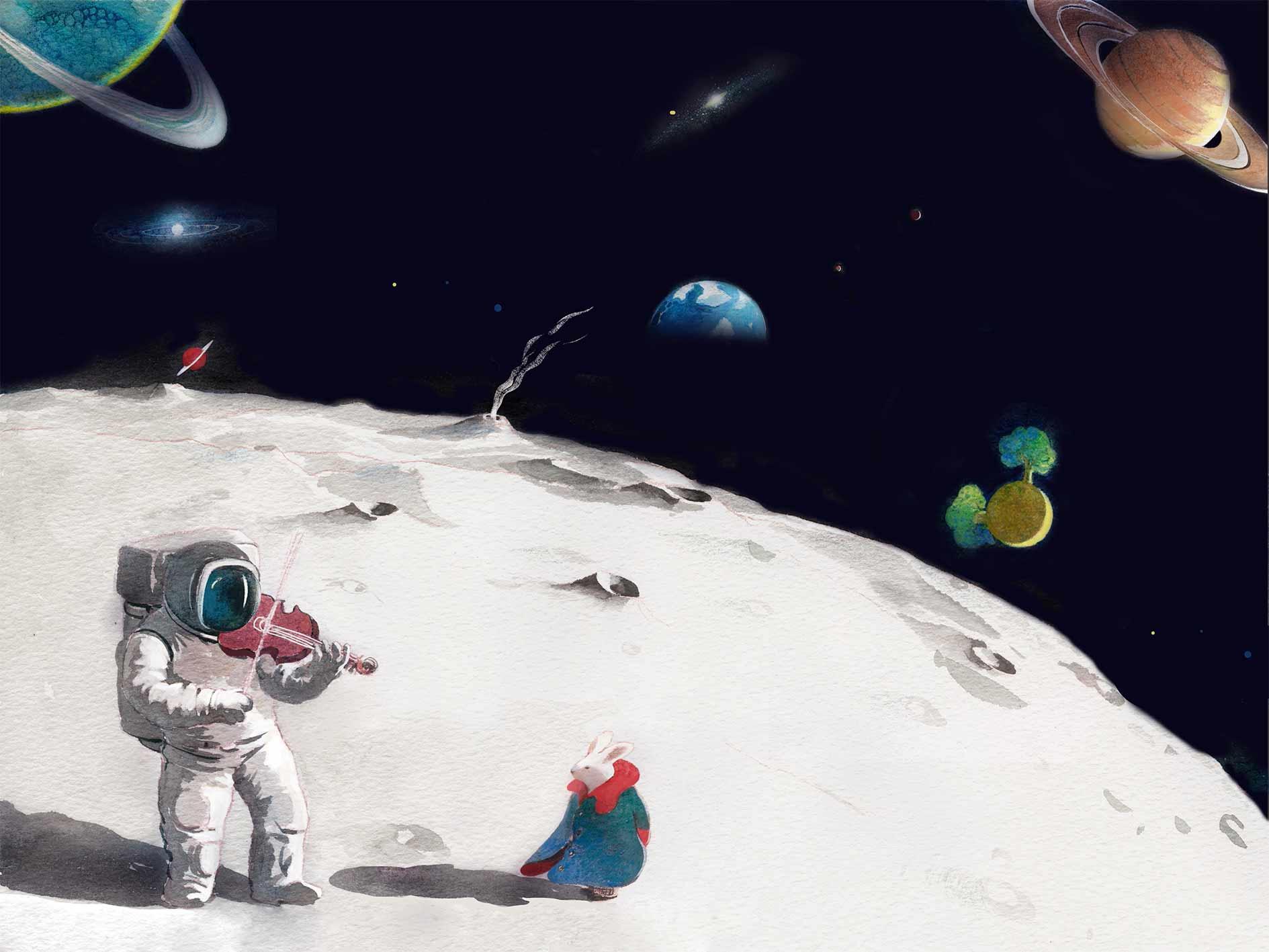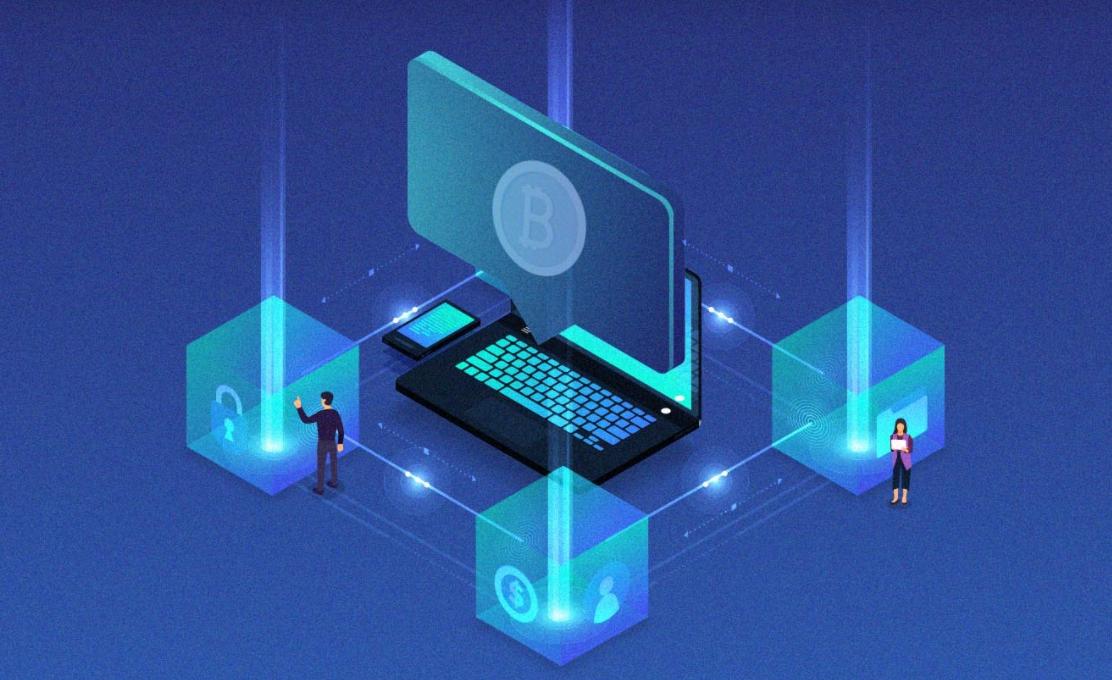Why is culture important in a DAO? What is a good DAO culture?
Original Author: Andrew Beal
Source: DAOrayaki
There is a saying in the business world that culture eats strategy for breakfast. Organizations are made up of people, and the culture of an organization determines how they behave. The best strategy in the world cannot overcome behaviors that contradict the organization's mission and values. At least not for long.
Now, culture is a vague thing. You intuitively know what it is, but it's hard to define.
I admit that I didn't fully understand what culture was until I read Ben Horowitz's book What You Do is Who You Are. It's a great read for anyone who wants to better understand the ways and reasons behind culture.
Your organizational culture is how you make every little decision day in and day out. How long does it take to respond to customer emails? How do you welcome new employees to the team? Who speaks during meetings?
It is also a fluid thing, constantly mixing in different directions. This is why great cultures are so powerful and why toxic cultures can be so destructive.
Culture is clearly an important component of any company. But what about decentralized projects… Is culture a thing? Does it matter? Now that I work in DeFi, I’ve started to think about many of these questions.
My conclusion is that culture is actually more important for decentralized projects than for traditional organizations.
Let's zoom in…
Why is culture important in decentralized organizations?
Reason 1:
Culture is important for DAOs for the same reasons that culture is important for traditional organizations. They involve people.
There is a misconception that DAOs particularly do not need people because smart contracts manage everything. This is clearly wrong.
The best comparison I can think of is that smart contracts for a DAO are like internal regulations for a traditional organization. The bylaws describe how the organization operates. What they do not do is run the business. You can have a perfect set of bylaws and a failing business. Similarly, smart contracts describe and execute the operational mechanisms of a DAO. What they do not do is make business decisions.
How should the network develop? Should fees be increased or decreased? Which assets should be supported? Who should we hire?
People make these decisions. Smart contracts execute and enforce the decisions made.
This is a lengthy introduction to the first answer to the question… Culture is important because people are involved.
When you have a group of people working together to accomplish something, culture determines how those people work. It is a way to distinguish between success and failure, centralized or decentralized.
Reason 2:
Culture is important for DAOs because, in the absence of a traditional leadership structure, culture is the most enduring and pervasive force.
In traditional organizations, culture starts at the top. Founders or executives set the cultural tone and lead by example. Whatever kind of culture their behavior creates will gradually be adopted by the other members of the organization, for better or worse.
A culture that reinforces the mission and values necessary for team success can be a good culture. A culture that reinforces behaviors that contradict the team’s mission and values is likely a bad culture.
If a company finds that its culture has gone off track on its path forward, then there is a leader or leadership team that can correct the ship. In 2017, we watched Uber navigate this very publicly. The ability to make changes quickly is one of the main benefits of a centralized governance structure.
Truly decentralized organizations are often flatter. They lack the hierarchies and leadership structures we see in traditional organizations. In these cases, the role of culture and values is elevated. Without a CEO and management team, DAO contributors take cues from the mission, values, and culture established early on. People may come and go, but the community culture remains.
How is culture formed in a DAO?
Disruptors… No decentralized project, whether a public blockchain, DeFi protocol, or service DAO, starts out decentralized. Everything has a creator. This means that for a period of time, the project is managed by one person or a small group of people.
Bitcoin, Ethereum, MakerDAO, Yearn. They all started this way.
Another disruptor… Even after many projects have "decentralized," most are still controlled by the original insiders (because they hold a large portion of the token supply).
This is not a bad thing. In my view, it is actually the best way to guide and scale new things.
Because decentralized projects often start in the same way traditional companies do, culture is formed in the same way.
Culture starts with the founders. Their daily behaviors set a benchmark for others. As the company grows, it becomes difficult to lead by example because founders do not interact with everyone every day. To encourage certain behaviors, leadership adopts a set of values and institutionalizes them. They write them down, communicate them, and hope to reinforce them.
The same thing happens in decentralized organizations.
The people who launch a decentralized network or DAO have specific ways of behaving. As the network or DAO grows, newcomers take cues from early contributors.
Now, this pattern is frustrated by truly decentralized organizations because founders eventually step back from the control they exercised early on. So what happens to the culture?
Ethereum is a great example. One of Ethereum's founders, Vitalik Buterin (but actually the leader of the project), gradually stepped back from the founder role because he knew it was in the long-term interest of the Ethereum network. Fortunately, Vitalik's mission and culture, along with the team created early on, were strong enough to not only survive the decentralization process but have become one of the most valuable assets of the Ethereum ecosystem.
With intention, culture can be strengthened and perpetuated as the number of contributors increases.
Sometimes the opposite is true. Without intention, culture can fracture. Contributors in decentralized organizations revert to their default operating modes. Everyone is autonomous, and it is easy to lose the collective goals and values that initially attracted people to participate in the project.
What is a good DAO culture?
Believe it or not, the components of a good DAO culture are the same as those of a good company culture.
Clear mission. People need to know why they are contributing. A clear mission gives everyone a purpose, and purpose is a fundamental need for all. It also helps retain contributors. As long as you are moving toward your mission, the most steadfast and passionate contributors will continue to support it. Without this, people often jump ship at the first sign of trouble or when something new comes along.
Strong values. What behaviors do you want to define your community? Establishing a core set of values as standards for future behavior is important not only for existing DAO contributors but also for new contributors.
Timeliness. Timing is important. Establishing a clear mission and a strong set of values early in a DAO's life will give you a cultural foundation that does not diminish as the number of people grows. If you do not recognize these components early on, you will ultimately end up with the mission and values of the loudest voices in the room (as a rule of thumb, these are usually not the values you want).
Reinforced by leaders. Establishing a mission and values is only half the battle. Values need to be continually reinforced in the actions and decisions of community leaders. Sometimes this is the founders. Other times it is working group or committee members, or contributors with a large social media following.
Ownership. Every DAO contributor should feel like an owner, responsible for the success and culture of the project. This is a reliable way to maximize the value you get from everyone.
One of the best examples of these components at work is Index Coop, a decentralized asset management company responsible for creating and maintaining crypto index products. Index has a community handbook that outlines the principles of the cooperative business, the cooperative community, and the people participating in the cooperative.
The existence of this document demonstrates its intention; it serves as a North Star for both existing and new contributors.
Such documentation is not common in decentralized projects, but I hope it becomes a standard for DAOs, especially in the future.
Other decentralized projects with great cultures include: Friends with Benefits, Yearn, SushiSwap, KrauseHouse, and Llama. All of these projects have very clear, simple missions and strong values. In the case of KrauseHouse—referring to former Chicago Bulls general manager Jerry Krause—its mission is to acquire an NBA team (one of the most ambitious DAOs to date). For Llama, the mission is to help manage crypto treasuries.
Fragmented Thoughts
Thinking about the future of DAOs from a cultural perspective raises many interesting topics.
One is the decision-making structure of DAOs that I have explored before. If they evolve into smart contract-based companies organized by functional areas (product, finance, human resources) rather than truly decentralized, flat ecosystems, then cultural factors can be managed just like in traditional organizations.
Another is "stickiness." Communities have transience, low barriers to entry, and almost no effort or discomfort when leaving. This affects talent retention, which is equally important for DAOs and traditional organizations. What makes people stay in the same job for many years? This largely relates to the process of searching for and finding a new job. It is a daunting task. But it is also about the sense of purpose people feel, the security that comes from salaries and benefits, and the sense of responsibility that comes from working in a team with others who expect you to show up and do your job every day. You don’t want to let the team down.
How do you create a DAO structure and culture that can improve retention rates? I don’t know all the answers, but a higher barrier to entry combined with a strong sense of mission and ownership seems like a good start.










